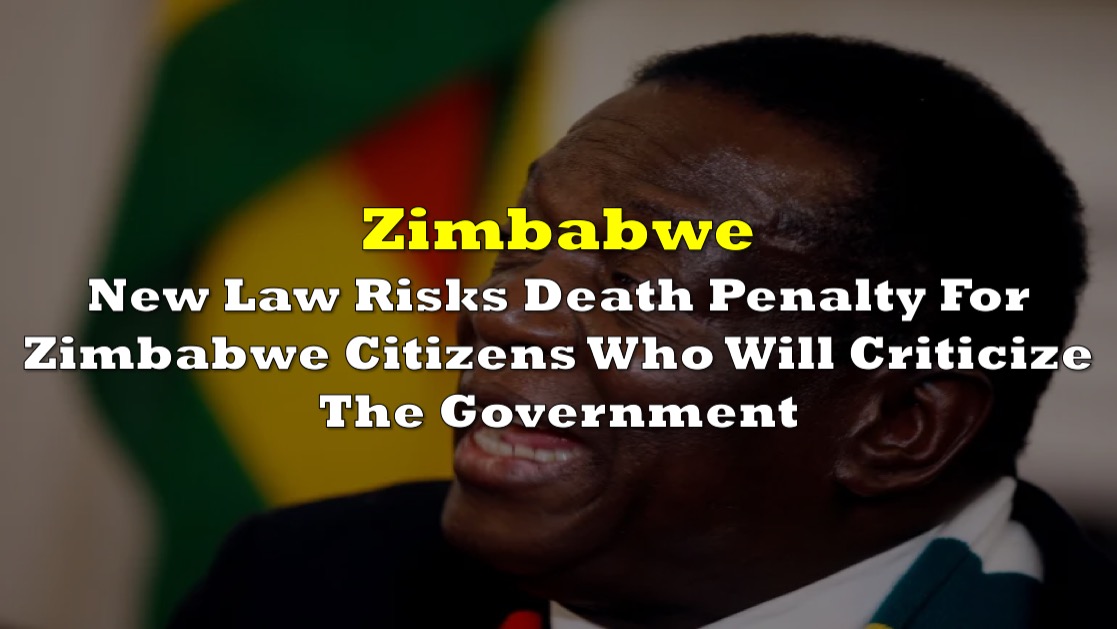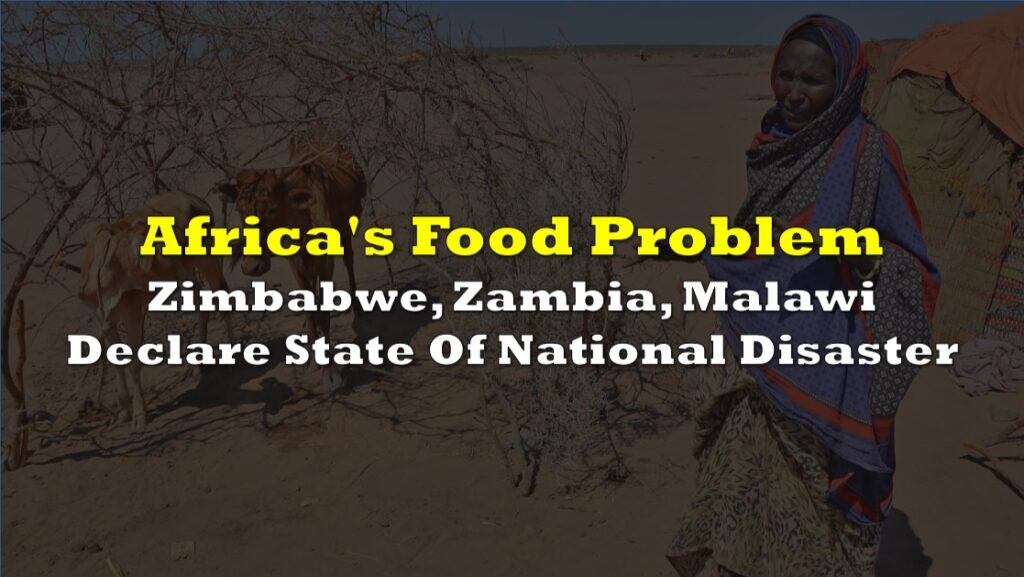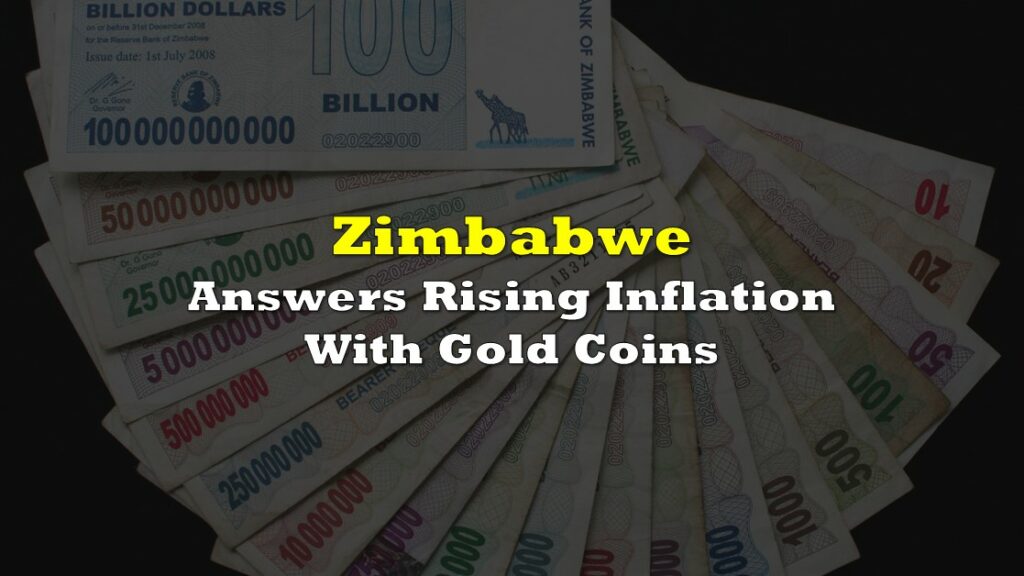Two months before the presidential elections, Zimbabwe’s parliament approved legislation prohibiting citizens from criticizing the administration.
On Wednesday, lawmakers approved the so-called Patriotic Bill and sent it to the Senate for consideration. President Emmerson Mnangagwa of Zimbabwe is expected to sign the bill into law.
Zimbabwe is gearing up for elections on August 23, in which the 80-year old Mnangagwa will run for a second term.
The new law makes “willfully injuring the sovereignty and national interest of Zimbabwe” by citizens convening gatherings inside and outside the country and calling for military intervention, overthrow of a constitutional government, economic sanctions, and trade boycotts a violation.
Offenders in Zimbabwe who engage in “unpatriotic conduct” can have their citizenship revoked, be imprisoned for 20 years, and even face the death penalty, despite the fact that the government has not used the death penalty in over two decades. According to civil society organizations, the law will restrict freedom of expression.
According to Zimbabwe Lawyers for Human Rights, once signed by Mnangagwa, the law will outlaw Zimbabweans’ participation in gatherings held in other nations. This will have the “chilling effect” of suppressing Zimbabwean civil-society organizations’ overseas lobbying efforts to promote human-rights protection in Zimbabwe, the group said.
Since taking office in 2017, Mnangagwa has presided over a series of economic errors that have resulted in more than 800% inflation, a collapse in the country’s currency, and the world’s highest interest rates.
In an attempt to address the hyperinflation, the country’s central bank governor John Mangudya announced last year that Zimbabwe will sell gold coins that can be bought using either local or foreign currency, including US dollars.
The “Mosi-oa-tunya” coin, named after Zimbabwe’s Victoria falls, contains one troy ounce of gold (around 31 grams).
The main opponent for Mnangagwa is 45-year old lawyer and pastor, Nelson Chamisa, the leader of the newly created Citizens Coalition for Change (CCC). The party has said it will restore the rule of law and unlock foreign funding if voted into power.
Chamisa’s party is asking access to and an audit of the voter rolls, as well as access to public media, which it claims will help level the playing field before the polls.
According to political commentators, failing to enact electoral reforms could lead to another contentious election in Zimbabwe.
Information for this briefing was found via the Bloomberg, Al Jazeera, and the sources mentioned. The author has no securities or affiliations related to this organization. Not a recommendation to buy or sell. Always do additional research and consult a professional before purchasing a security. The author holds no licenses.








